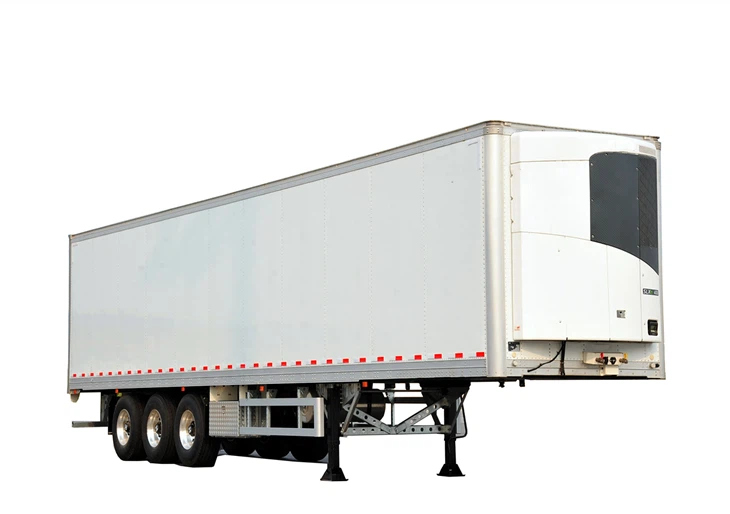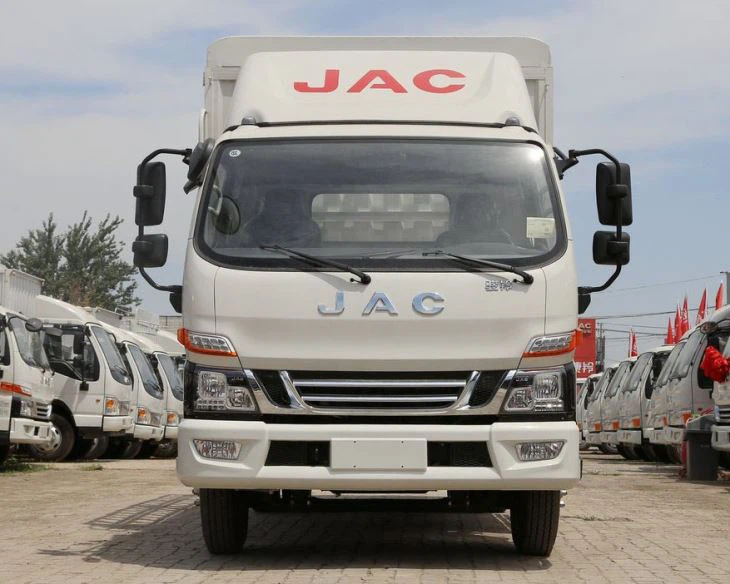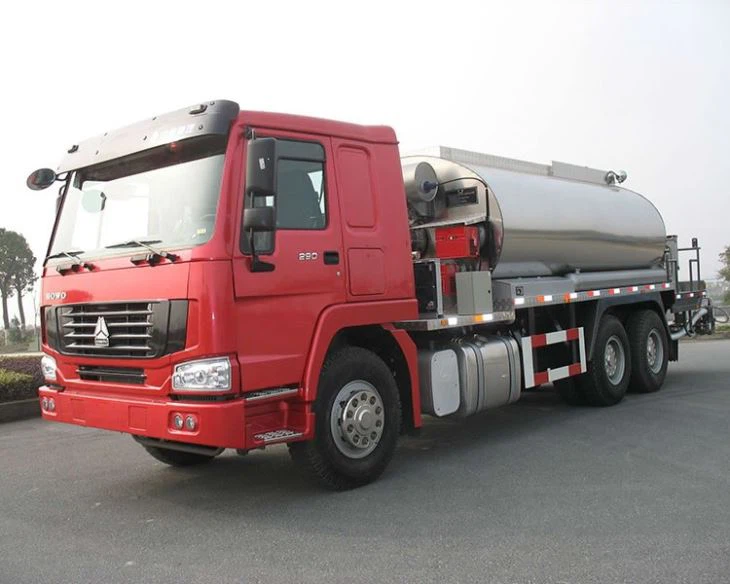Reefer trucks, or refrigerated trucks, are vital for transporting temperature-sensitive goods across vast distances. This article will explore the factors influencing reefer truck prices, types of reefer trucks, additional costs involved in ownership, and practical tips for buyers. Whether you’re a trucking entrepreneur or a business owner needing a reefer for your goods, understanding these vehicles and their costs can help you make informed decisions.
What is a Reefer Truck?
A reefer truck is a type of vehicle designed to transport perishable goods under controlled temperature conditions. Commonly used to transport items such as food, pharmaceuticals, and chemicals, these trucks are equipped with a refrigeration unit that maintains a specific temperature range.
Factors Affecting Reefer Truck Prices
1. Type of Reefer Truck
The type of reefer truck significantly impacts its price. There are multiple types, including:
- Direct Drive Refrigerated Vans: These utilize a separate engine for the refrigeration unit, usually more costly.
- Conventional Reefer Trailers: These are typically less expensive and can be towed by a variety of trucks.
- Box Trucks: Designed for urban deliveries, box trucks can be more affordable yet spacious for smaller shipments.
- Custom Built Reefer Trucks: Tailored specifically to meet logistical requirements, these can price higher due to customization.
2. Size and Capacity
Reefer trucks come in various sizes and capacities. Generally, larger trucks will cost more due to increased material and engine size. Typical capacities include:
| Truck Type | Typical Length | Payload Capacity | Approximate Price Range |
|---|---|---|---|
| 26-ft Reefer Box Truck | 26 feet | 10,000 lbs | $40,000 – $60,000 |
| 53-ft Reefer Trailer | 53 feet | 20,000 lbs | $60,000 – $80,000 |
| Custom Reefer Truck | Varies | Varies | Above $80,000 |
3. Refrigeration Technology
The technology used in the refrigeration unit affects the truck’s cost. Some common refrigeration technologies include:
- Diesel-Powered Units: These are robust and suited for long hauls but can be more expensive.
- Electric Units: More efficient and environmentally friendly, they often come with a higher upfront cost.
- Split Systems: These provide better temperature control but might add to the overall price.
4. Age and Condition of the Truck
New reefer trucks can be expensive, ranging from $40,000 to $100,000 or more, depending on specifications. Conversely, used reefer trucks are often more cost-effective, typically priced between $15,000 and $50,000, depending on their condition and mileage. It’s essential to consider the age, maintenance history, and service records when evaluating price.
5. Brand and Quality
The brand of both the truck and refrigeration unit can affect pricing. Reputable brands with durable components may demand higher prices due to reliability. Brands like Freightliner, Volvo, and Isuzu are often favored for their quality.
6. Additional Features and Customization
Features such as lift gates, tracking devices, and advanced insulation add to the cost. Custom features can significantly influence the overall price, as these might need specialized installation and parts.
Other Costs Involved in Owning a Reefer Truck
1. Insurance Costs
Insurance for reefer trucks can be higher than standard trucks due to the value of the goods transported. Factors such as the truck’s age, the driver’s record, and the area of operation will impact costs, which can range from $1,000 to $5,000 annually.
2. Maintenance and Repair
The refrigeration unit requires regular servicing, and the cost of maintenance can add up. Budgeting around $2,000 to $4,000 per year for maintenance is a reasonable estimate, including refrigeration unit checks and general truck upkeep.
3. Fuel Costs
Reefer trucks consume more fuel than standard trucks due to the added load of the refrigeration system. Expect to spend around 20% more on fuel than you would with a non-refrigerated truck.
4. Registration and Licensing Fees
These vary by state, but it’s essential to factor in registration and licensing fees when calculating ownership costs. These can be anywhere from $1,000 to $2,500 annually, based on jurisdiction and vehicle specifications.
5. Depreciation
Reefer trucks depreciate quickly, especially in the first few years. Understanding depreciation rates can help in assessing the investment value and resale options should you choose to sell later.
How to Purchase a Reefer Truck
1. Determine Your Needs
Assess the volume of goods you intend to transport, the temperature range required, and how frequently you’ll use the truck. This will guide your choice towards the right truck type, size, and capacity.

2. Research Brands and Models

Look up reputable manufacturers and read reviews. Compare models based on reliability, fuel efficiency, and user feedback.
3. New vs. Used Reefer Trucks
Weigh the pros and cons of purchasing a new versus used reefer truck. While new trucks offer warranties and the latest technology, used trucks can be more affordable with proper inspection and maintenance records.
4. Work with Dealers or Brokers
Consult with dealers or brokers who specialize in reefer trucks. They can provide valuable insights into pricing, availability, and financing options.
5. Financing Options
Consider your financing options, including loans, leases, or cash purchases. Seek financing that aligns with your business goals while considering interest rates, repayment terms, and down payments.
6. Inspection and Test Drive
Always inspect the truck and take it for a test drive. Check the refrigeration unit’s functionality and assess the overall condition of the truck.
Practical Examples of Reefer Truck Costs
1. Example 1: New 26-ft Reefer Box Truck
A new 26-ft reefer box truck equipped with a diesel refrigeration unit typically retails around $50,000. When factoring in insurance, maintenance, and fuel, the yearly cost of ownership might total approximately $15,000.
2. Example 2: Used 53-ft Reefer Trailer
A used 53-ft reefer trailer in good condition may cost around $30,000. With additional costs for registration and insurance, the total yearly expenses could reach $10,000.
3. Example 3: Custom Built Reefer Truck
A custom-built reefer truck can exceed $90,000. Combined costs, including advanced features and financing, can increase annual spending to roughly $25,000.
Frequently Asked Questions (FAQ)

1. What is the average price of a reefer truck?
The average price can range from $15,000 for used models to over $100,000 for new or custom-built reefer trucks.
2. How can I reduce the operating costs of my reefer truck?
Regular maintenance, efficient driving practices, and considering fuel-efficient models can help lower operating costs.
3. Is it better to buy a new or used reefer truck?
This depends on your budget and needs. New trucks offer the latest technology and warranties, while used trucks are typically more affordable.
4. What type of loads can a reefer truck carry?
Reefer trucks can carry a wide spectrum of perishable items, including fruits, vegetables, dairy products, meats, pharmaceuticals, and certain chemicals.
5. How often should I service my reefer truck?
It is recommended to service your reefer truck at least once every six months or more frequently based on usage and manufacturer guidelines.
6. What should I look for when buying a used reefer truck?
Check the truck’s maintenance history, refrigeration unit functionality, overall condition, mileage, and any visible signs of wear or damage.





